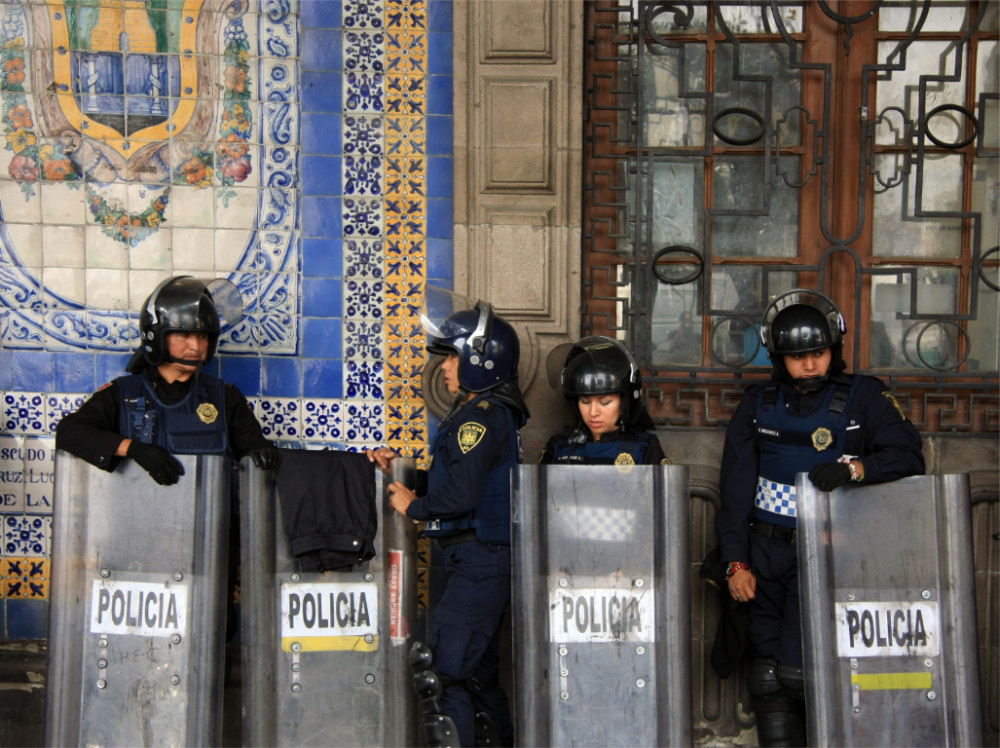
Voices of Art, Human Rights
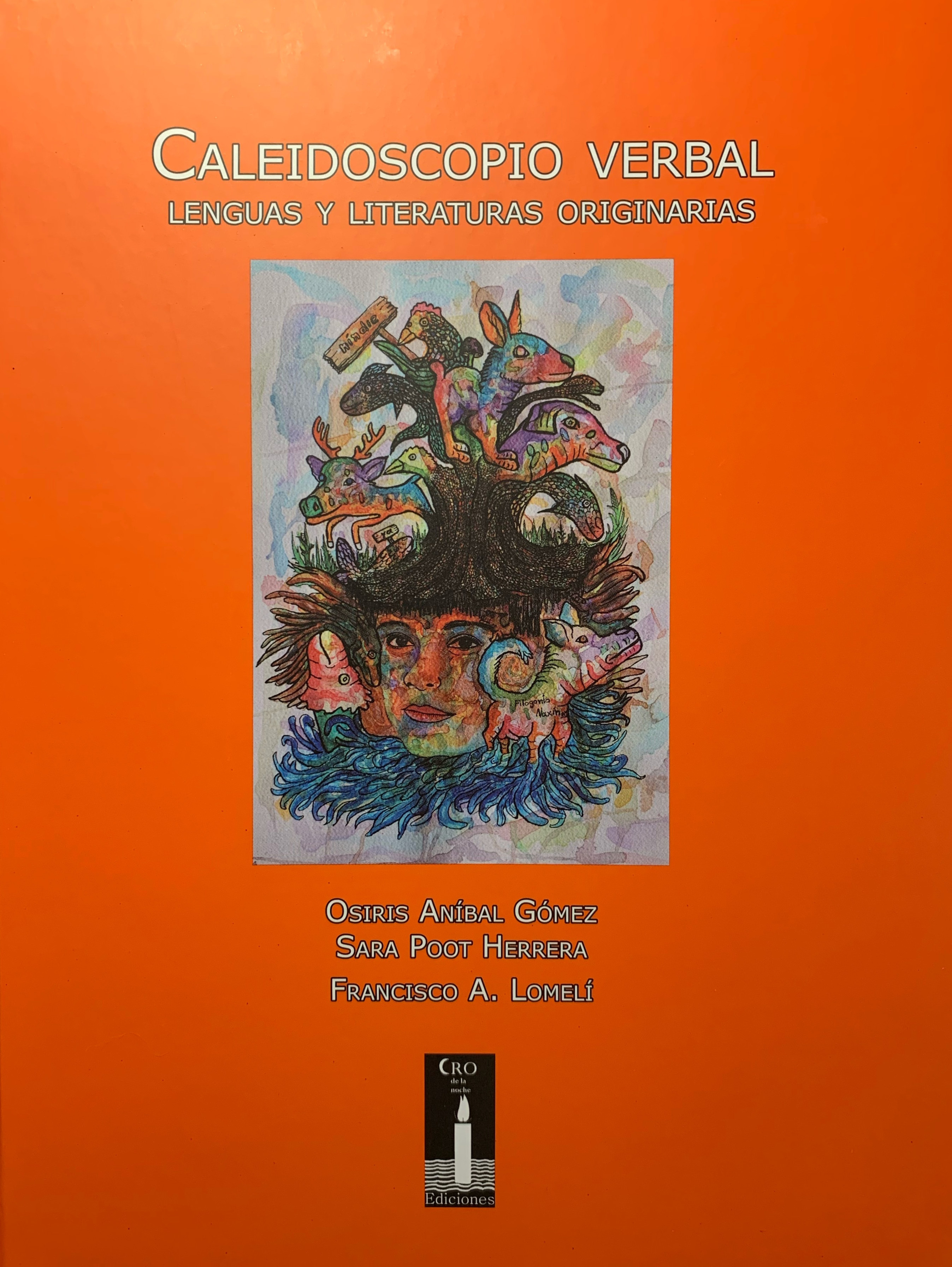
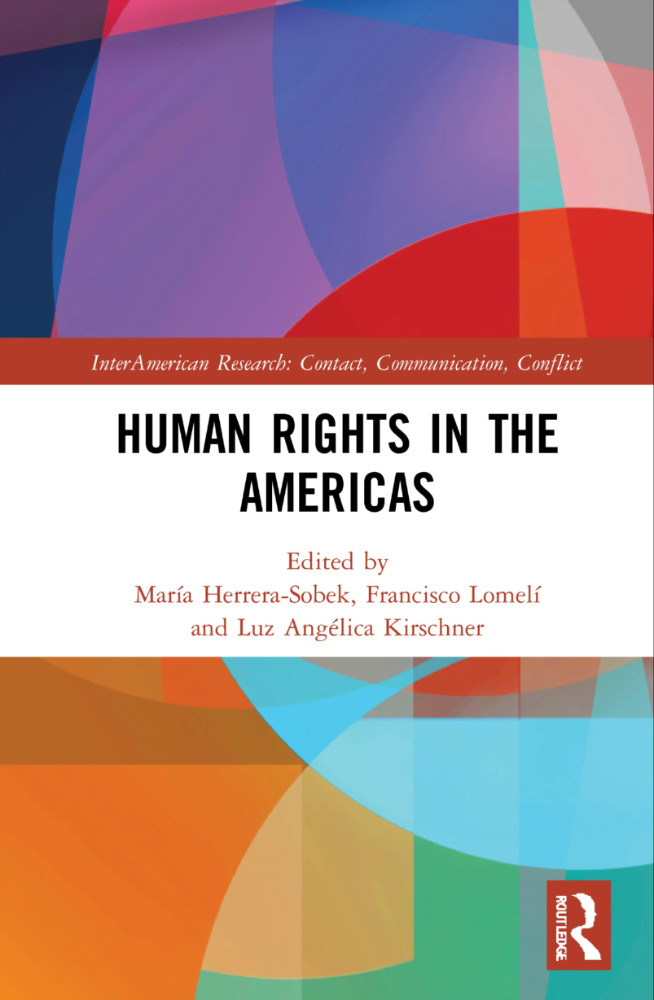

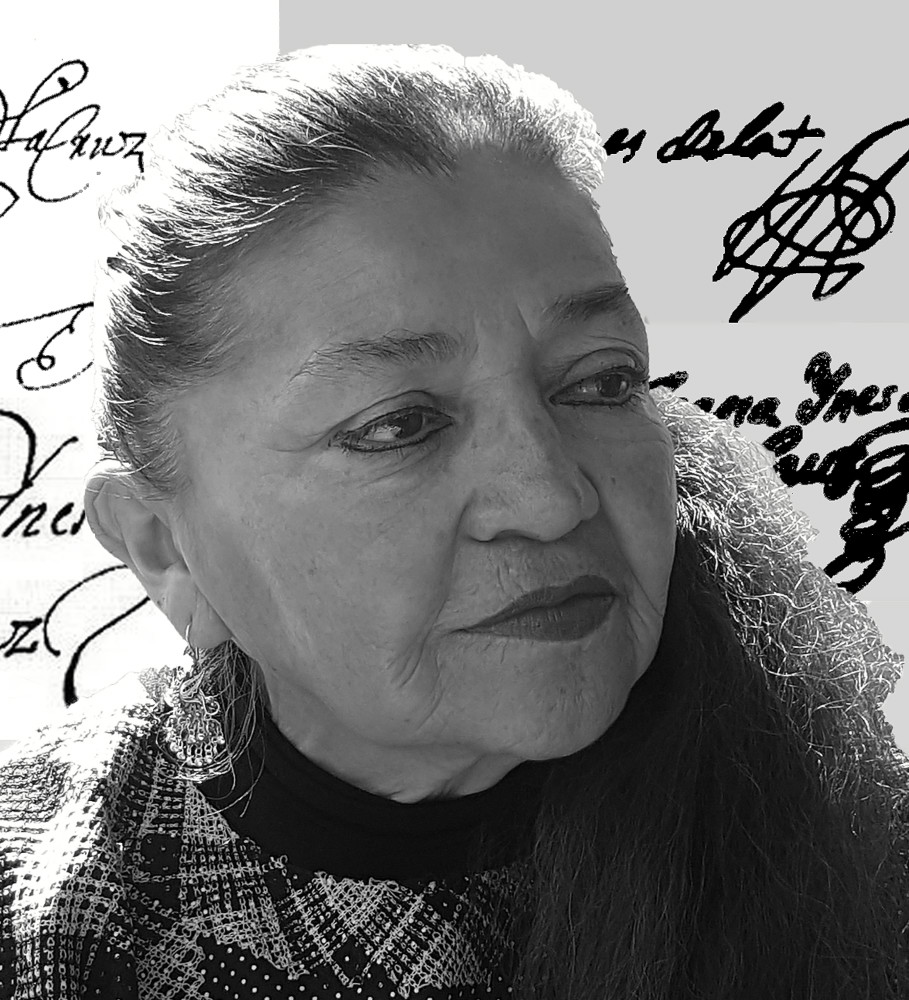
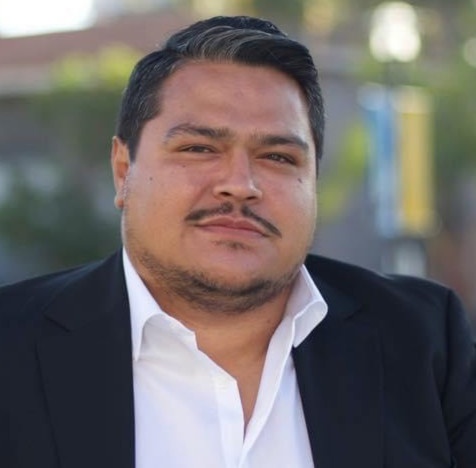
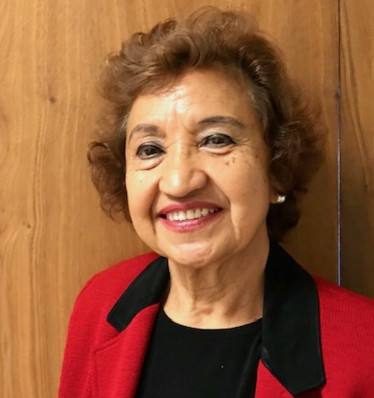
A pair of new books co-edited by UC Santa Barbara scholars shine lights on Latin America, the sprawling tangle of communities rich in histories and cultures. From the arts to human rights, the books weave the perspectives of diverse groups of writers in essays that critically explore and illuminate their subjects.
Here’s a look at each book:
The first, “Caleidoscopio Verbal: Lenguas y Literaturas Originarias (Oro de la Noche Ediciones, 2021), is a coffee table book that arose from a 2018 conference of the same name, said Francisco Lomelí, a UCSB professor emeritus of Chicano and Chicana Studies and of Spanish and Portuguese who was a co-editor of both books. Sara Poot-Herrera, a professor of Spanish and Portuguese, and Osiris Gómez, then a UCSB Ph.D. candidate in Spanish and Portuguese, were co-editors.
Gómez, now an assistant professor of Spanish and Portuguese at the University of Minnesota, organized the conference and led the book project. He said the intent of the coffee table book was to bring together Indigenous scholars and writers, academics across disciplines, and a variety of works by Indigenous and non-indigenous artists.
“We convened essays, visual art, poetry and book reviews that examined the new waves of Indigenous intellectualisms and art practice,” Gómez said. “This is a monumental task, and in no way could we include the artists, writers and intellectuals from all indigenous nations.”
Poot-Herrera said the book deals with the resurgence of literature in native languages “in terms of the rescue of native languages, their worldview, memory, and identity.”
“Not only is it a return to the pre-Hispanic past,” she said, “but it is also the richness of the various present original cultural manifestations. Those are not isolated events, but a vibrant moment in several literary genres and cultural manifestations previous to the Spanish conquest that still survive and thrive.”
Lomelí noted that the book is one of the few attempts to emphasize native languages and literature from so many countries, including Mexico, Guatemala, Ecuador, Peru, Chile, Spain and the U.S. It also includes samples of works in their original language and translations.
“We also dreamed of having a visually provocative book & the images are in many cases quite stunning,” Lomelí said.
The second book, “Human Rights in the Americas” (Routledge, 2021), features an interdisciplinary collection of critical studies on a wide assortment of related issues in the region. It was co-edited by María Herrera-Sobek, a UCSB professor emerita of Chicano and Chicana studies, Lomelí and Luz Angélica Kirschner of South Dakota State University.
“The collection of essays — written by leading scholars in Latin America, the United States and Europe — highlights the important issue of human rights extant in the Latin American countries, including Brazil and the Caribbean,” Herrera-Sobek said. “The scholarly articles underscore the long tradition this subject has had since the European colonizing project began. The contributors explore the history, development, and evolution of this topic throughout the centuries.”
Born of a conference of the same name spearheaded by UCSB in cooperation with the International Association of Inter-American Studies features essays that address a wide assortment of topics, periods, categories and disciplines, Lomelí said.
Starting with 1492, he noted, the essays examine Eurocentric histories of human rights to bring a greater understanding of the conflicts experienced by the various cultures in contact and through this understanding provide insights and possible solutions.
Lomelí noted the editors organized the topics around human rights in the following areas: Central America and the Caribbean; gender; dealing with Mexican Indigenous groups and Mexican Americans; Afro-Brazilians, Afro-Latinos/as and Latinos/as; and animal rights and posthuman rights.



